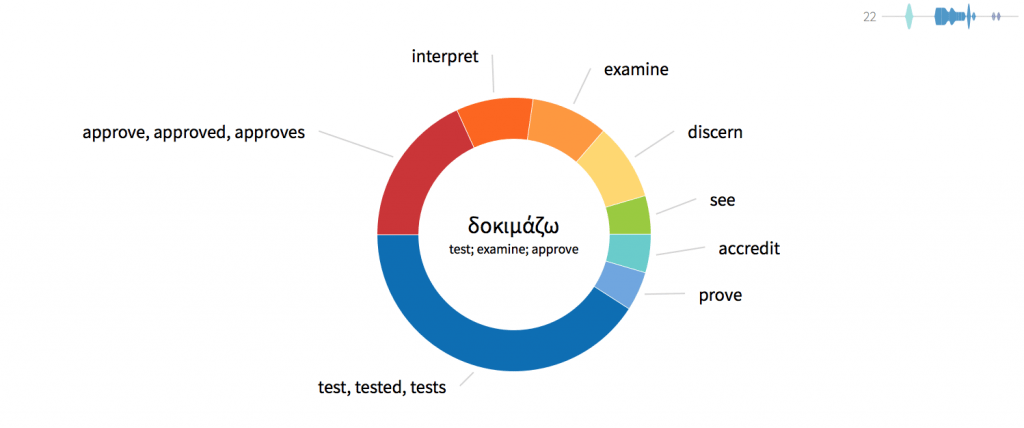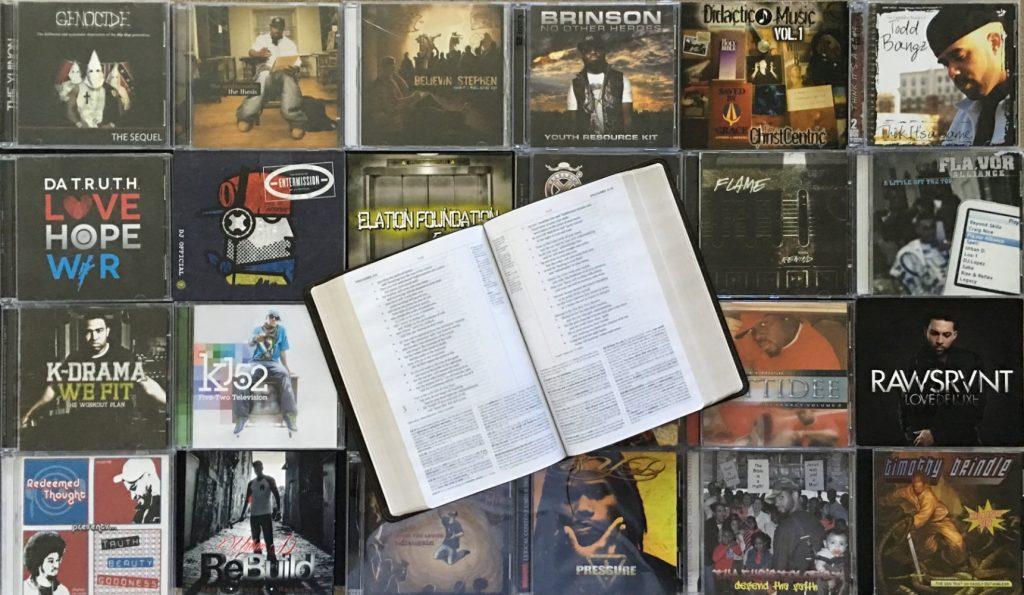The end of the year is always a festive time. In November friends & families across America gather to share a meal and give thanks for their many God-given blessings. Immediately after, our attention turns to Christmas, as we prepare to give and exchange gifts with loved ones.
This is also the perfect time to focus on Bible study and growing our faith. For Christians, this is a holy time. Christmas is all about celebrating the infant in the manger, God in the flesh, our savior. So, why not make this a part of your Bible study during the holiday season?
To do this, we’re going to turn our attention to a word that may or may not be familiar to you: Advent. I’ll tell you what it means, and then show you how to make it a part of your holidays.
What is Advent?
Before we talk about Advent, we first need to talk about another term: the liturgical year. This is a fancy phrase that simply means “church year” or “Christian year.” It’s a calendar not much different than the Gregorian calendar we use today to demarcate the passage of time. Along with the passage of days, it also denotes special occasions.
A liturgical year works in similar fashion, except it focuses on dates important to the church. The two most important days of remembrance for Christians are: 1) Christ’s birth, and 2) his death and resurrection. Our modern calendars list these days as Christmas and Easter.
On the liturgical calendar, Advent is the season of preparation and anticipation for the celebration of Jesus’ coming. The word comes from the Latin word “adventus” meaning “coming.” Adventus is the Latin translation of the Greek word “parousia,” meaning the same.
Advent comes from the Latin word 'adventus' meaning 'coming' Share on XMost often, when the Bible speaks of the parousia it’s in reference to Christ’s Second Coming. We all anticipate this coming and is one aspect of the season. The Advent season helps us remember the anticipation the Jews experienced as they awaited their Messiah. Yet, it is also an opportunity to remember how Jesus comes to us daily through the Holy Spirit.
According to the liturgical calendar, Advent always begins the fourth Sunday before Christmas. This day appropriately is called Advent Sunday.
Advent Readings
There are many practices associated with Advent, but the ones of interest to us are the readings and devotions.
Closely associated with the liturgical calendar is this thing called a lectionary. A lectionary is a listing that contains a collection of Scripture readings for a given occasion. One such lectionary used by Christians is the Revised Common Lectionary, which has a three year A-B-C cycle. Advent Sunday always begins the new lectionary year.
In the lectionary you will find readings for Advent that correspond to each Sunday. There are also additional daily readings to be read throughout the week. With these readings, we cultivate a sense of anticipation and longing for Christ. We should feel angst and yearn for the Messiah as we read the Old Testament passages. Then, we should turn our attention to his Second Coming when we read the New Testament readings.
Advent teaches us that Christ was to come, has come, and will come again. Share on XAs Christmas approaches, our desire for Christ’s presence should grow. This culminates on Christmas morning when we celebrate his birth and read the associated passages.
With Advent we see that Christ was to come, has come, and will come again. This is our blessed hope as Christians.
How Can Advent Help?
So, how can Advent help us during the holidays? Here are four ways:
- Advent reminds us that the season is not about us. Christmas isn’t even about friends and family. Instead, it is an annual reminder of God and his work. God became flesh and dwelt among us. He lived the life we couldn’t so we could be saved.
- Advent broadens our view of the Bible. Christendom as a whole generally doesn’t spend a lot of time reading the Old Testament. Advent shows us how the Old Testament fits into the big picture of God’s work of salvation.
- Advent slows us down. With the busyness of the holiday season, many of us slack off in our Bible reading. Advent readings remind us to take time out for God, when we would normally forget him.
- Advent is great for families. Christmas is about Jesus. As such, there’s no better way to teach our children and loved ones about God’s love than through daily Scripture reading leading up to Christmas. Many view this as a religious time of year, so why not grab hold of the opportunity? This can serve as a non-hostile way to share the gospel with family, and friends too.
Advent & You
There’s no one right way to celebrate Advent. That means there’s more than one way to incorporate Advent into your Bible study. Here are a few ways I suggest:
1. Read an Advent devotional
There is no shortage of Advent devotionals on the market, so you can have your pick. Most follow the lectionary readings, while others take a different approach. Either way, you will have daily readings guiding you through the season. A few I recommend include:
- Come Let Us Adore Him (Paul Tripp)
- Anticipating His Arrival: A Family Guide through Advent (Rick Brannan)
- Why Christ Came: 31 Meditations on the Incarnation (Joel Beeke & William Boekestein)
2. Read the Daily Readings
If you want to stick with the Bible, the lectionary daily readings are your best route. Each day use the lectionary readings as part of your Bible study and focus your attention on Christ’s arrival.
Are you committed to other studies but still want to participate in Advent? If so, the weekly readings are an option. Read the passages for each Sunday of the lectionary, instead of focusing on the daily readings.
3. Read Matthew & Luke
Last, if you don’t want to deal with a lectionary at all, turn to the gospels of Matthew & Luke. Read the accounts of Christ’s birth in these two gospels and let your heart be filled with joy.
Will You Celebrate Advent?
How will you celebrate Christmas? Will Advent become part of your holiday traditions?
I want to hear from you. Let me know if you’re participating in Advent this year.
Advent always begins the fourth Sunday before Christmas Share on XWeekly Study Prompts
With Advent approaching, this week’s prompts focus on the gospels.
- Matthew 1:1-17 & Luke 3:23-38. What is so important about these genealogies? What do they teach us about Jesus?
- Luke 1:39-55. What do we learn about Jesus even before he is born?
- Matthew 1:18-25. What is the significance of the name Immanuel as it relates to Jesus?
- Matthew 2:1-12. What can we learn from the gifts the wise men presented to Jesus?
- Luke 2:8-20. What’s so important about the news the angels delivered to the shepherds?
Free Bible Study eBook
Enter your name & email below to get a free copy of our "Bible Study Blitz" ebook that will give you 5 tips to enhance your Bible study.





